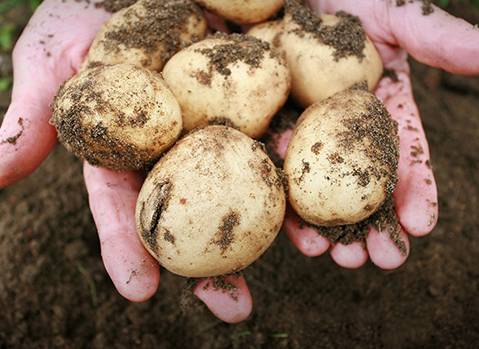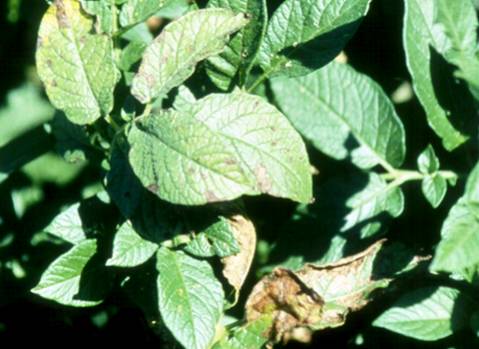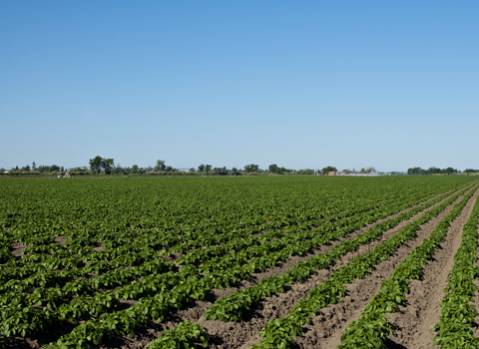Protassium+
Managing Potassium in Potatoes
Potassium (K) is one of the three essential macronutrients along with nitrogen and phosphorus. Among its key functions are promoting growth and helping potatoes to resist drought and disease.

Potassium (K) is one of the three essential macronutrients along with nitrogen and phosphorus. Among its key functions are promoting growth and helping potatoes to resist drought and disease.


Potassium is required for activation of over 80 plant enzymes and supporting the physiological development of a potato crop. Its benefits include:
Symptoms of a potassium deficiency in potato plants include bluish-green leaflets and slight interveinal chlorosis, marginal scorch bronzing and brown spots on the undersurface of leaves.

Potassium is taken up by potato plants more than any other nutrient. In fact, potatoes remove upt to 56 lbs. of K2O per 100 cwt of yield.
Reducing potassium application due to cost concerns may appear to be a short-term solution, but the long-term impact may be even more costly.